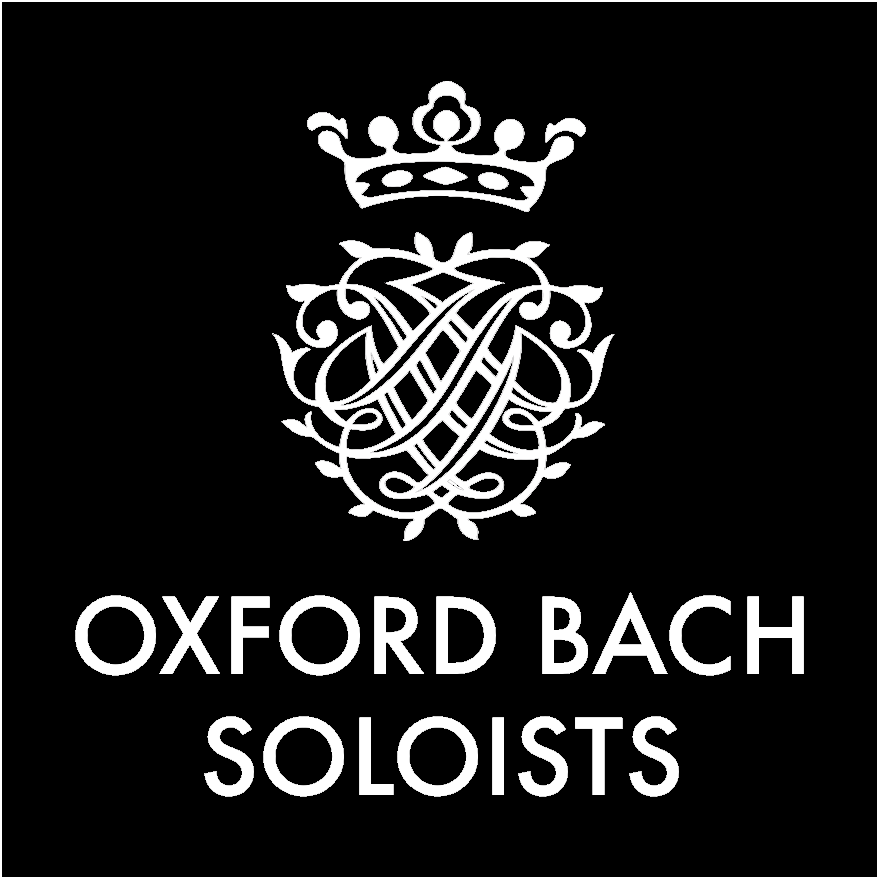In this edition we meet bassoonist Noel Rainbird who at York University did a module on music and poetry and wrote a thesis on Music in the Third Reich.
So how did you find yourself specialising in period music?
I was studying modern bassoon with Martin Gatt, principal bassoonist of the LSO. But when at York I played in Alan Hacker’s classical orchestra. This was my first foray into period instrument playing and something I really loved. After graduating, I joined the European Baroque Orchestra and began to learn to play the baroque bassoon.
Tell us a bit out your classroom teaching which is also a very important part of your career.
I took some time out of playing to train and work as a primary school teacher. I returned to playing again a couple of years later, just as period instrument orchestras were beginning to explore the classical repertoire. I stopped playing again some 15 years ago, with the arrival of my children, and returned full time as a teacher of classroom music, piano, bassoon and running musicianship classes.

How long have you been involved with the Oxford Bach Soloists?
The Oxford Bach Soloists has been fantastic for me, enabling me to return to top class playing of the best music in beautiful buildings, a real treat. I first started playing with OBS in 2015. Bach’s music is my favourite, and his bass lines some of the most interesting, difficult and rewarding to play. The cellist Gay Amherst and I have known each other for years and years, and this makes a difference. We know and trust each other’s playing, and it is this depth of background between players that enables a performance to really take off.
Tell us about some of the other groups you are involved with.
These days I play mainly in local groups, with the occasional project in London. I was the bassoonist in Florilegium for many years, and as a orchestral freelancer in London I played with most of the British period instrument orchestras. The bassooning world is a small one, and for a few years I played regularly with the Amsterdam Baroque Orchestra, Anima Eterna based in Antwerp, as well as a couple of orchestras in Germany.

And what have been some of the highlights in your career?
Taking part in a few of John Eliot Gardiner’s Millennium cantata cycle concerts, playing the relevant cantatas written for a particular Sunday on that Sunday, albeit some centuries later! Playing Biber in Salzburg cathedral in the elevated choir stalls – as conceived by Biber himslelf, fantastic tours of Japan and America (with a concert cancelled in New York, which meant 4 glorious days off there!). And developing a long term playing relationship with my wonderful colleague and one of the best wind players around, Jane Gower in Anima Eterna.
And how do you feel about tackling the cantata in the next OBS concert?
I haven’t actually played this cantata before and am looking forward to it. I love the baroque bassoonists role as part of the continuo team, a critical role. But it’s also great when we break free of each other and have moments of independence! It’s unusual to be the only wind player required and Bach seems to be making the most of the contrasting colours within the continuo group.
And finally, can you tell us what you see as the value of the OBS to professional players like yourself as well as for emerging younger musicians?
Oxford is incredibly lucky to have the Oxford Bach Soloists. Bach’s vocal music is some of the best there is, and having this chance to hear all of it, live, gradually, with the incredible backdrop of New College chapel and with a constant group of players is very, very special.
Tom is wonderful to work with and he is a major reason for the success of OBS to date. He manages to combine great concert planning and organisation with an impressive network of players and singers keen to come and make music. He is always unfailingly courteous and lovely, with a dry sense of humour, and a trust in and appreciation of his musicians that means that we want to play our best for him.
This group offers an important opportunity for the many excellent younger musicians to broaden their experience, underpinned by the depth of knowledge and expertise of us ‘old hands!’ The younger musicians, in turn, bring a freshness and enthusiasm that always keeps it alive and full of energy.


Oh my God! She was a part-time music teacher in our school. She lent me loads of discs of Bach’s Cantata, she was super nice and she opened a new door for me in Music! So lovely to see her report on Facebook! Mrs Rainbird, I miss you so much! It has been two years since you left. And since I started uni at Oxford this year, it has been wonderful that I can listen to my favourite Bach again with the OBS. I really miss you and wish you all the best for the future!